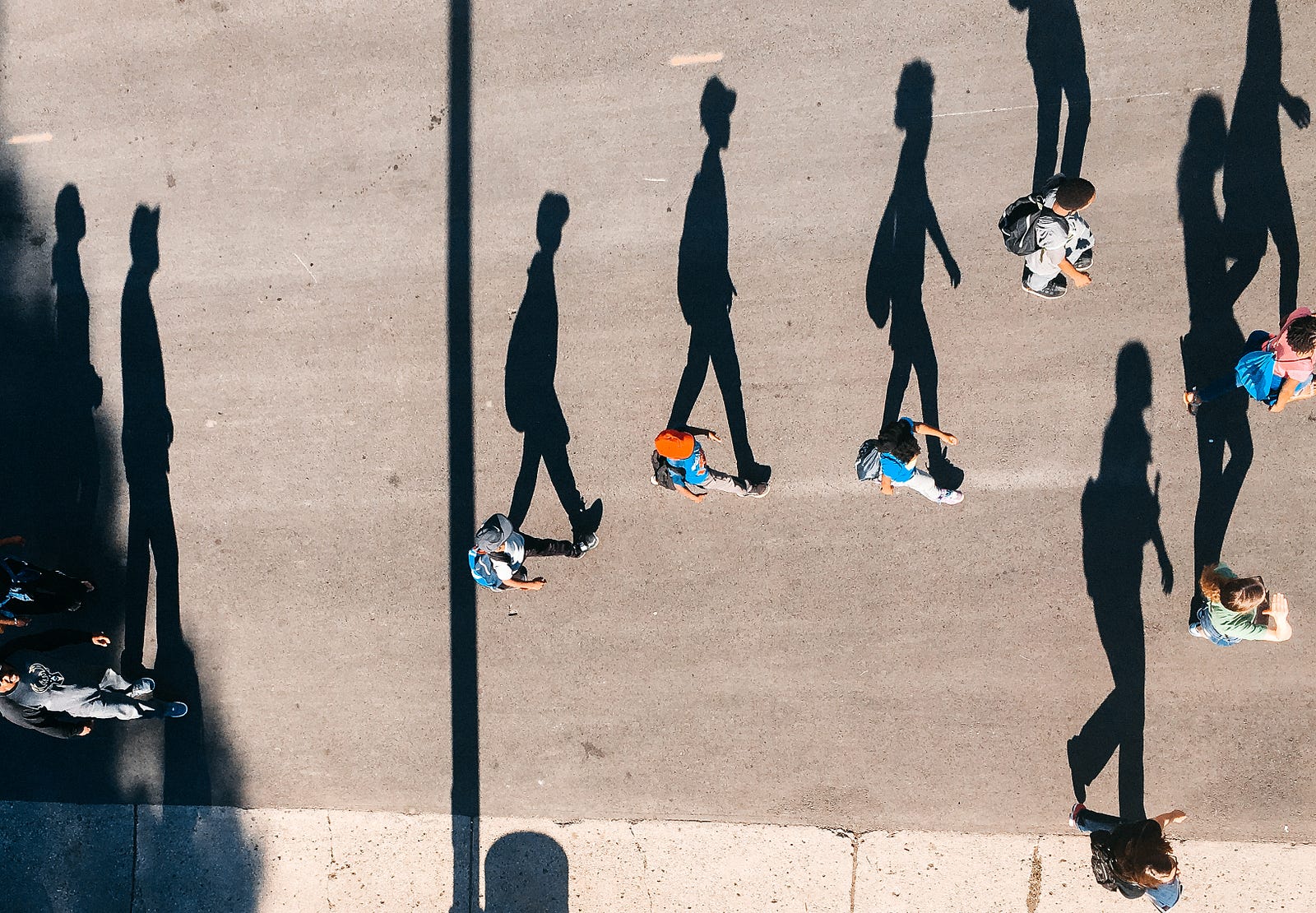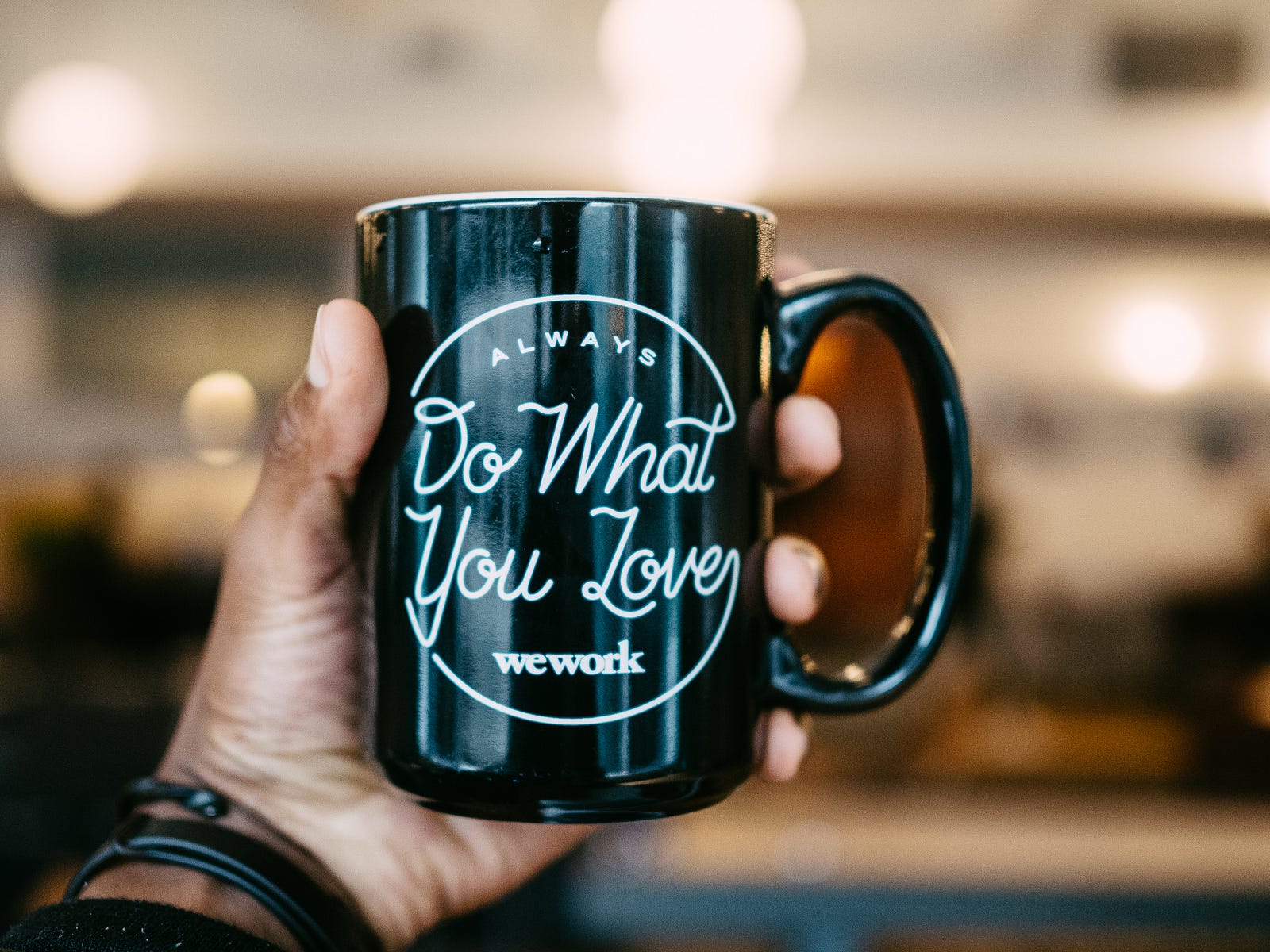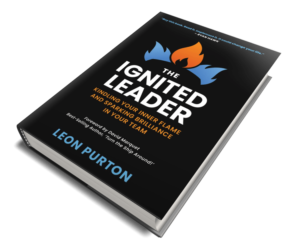Why it takes so long to forget your social programming, and how it can change your life if you do
Later in life you start to become more comfortable shedding your social programming, you can begin to own your identity. This is the version of you that you prefer. Not the one that matches other people’s expectations of you.

Stop for a second, think about some of the habits you have picked up from your family. Something your mother does that you do as well, something your father says that you now say too. Some ‘lingo’ you have picked up at work that no one else understands. This is social programming that has become entrained in your sub-conscious. The same thing happens within the culture of your upbringing. I am not talking about race; I am talking about the social norms of your group. This is the culture of your group, the culture of your upbringing. This is the culture you, in some way, conform too. This is your social programming and it has been impressed on your identity.
There comes a point in your life where you may realise that you no longer identify with those norms. You may rebel against them for a period, often during this phase, you realise that you don’t resonate with either the norms you are surrounded by, or the edges you have pushed towards during this rebellion.
I’ll let you know why it is so hard to move past it, and how it can change your life if you can.
Programming
You have all heard of Pavlov, right? The guy who worked out how to get dogs to slobber. I can validate that it isn’t that difficult to get them started, but it is harder for you to do it with just a bell. Pavlov created a norm for the group of dogs, that when the bell rang, the food was coming. He programmed this outcome by creating the expectation amongst the tribe.
We have similarly been programmed by media and news outlets; we have been conditioned on the importance of status, money, appearance, power and ethics. This is one of the reasons I no longer watch the news, I do read the news online, but I choose what I consume in that case. I am so, so tired of the fear and inadequacy fostered through these means.
However, what I’ve taken a while to understand is that we have been programmed throughout our lives. By our parents and family, our school teachers and sports coaches, law enforcement, television, religion, friend’s groups and social media, etc. This list truly goes on. You now conform to a social norm you have constructed around you, or that has been constructed with only your passing awareness.
This is okay.
It is important when you are learning your place in the world and it feels unnatural to run away from those constructs. Moving away from those constructs is ‘distancing’ yourself from the pack, and that still feels unsafe. The important thing is to start recognising those constructs you have surrounding you and understand that they no longer need to define you, not if you don’t want them too.

Working out what works for you
So, here is a secret that you only ever seem to realise as you get past your teens and head to your thirties and above. From your early teenage years, until you approach mid-life, there is a steady trade-off between being self-conscious and self-aware.
As a teen, you are finding out where you fit in, how much you want to fit in, and with who. Most often you want to belong to your family, then you want to belong to a tribe of friends. From the age of thirty onwards, you start to learn how you want to stand-out, or at the very least, choose where you want to fit in. You start to focus on who you want to be, and what it means to belong.
How do you do this? You start reflecting on where you get energy, and you need to ask yourself one question.
When in the last few years have you felt the most energised?
I’m not talking about waking up refreshed and full of energy after a good night’s sleep, I am talking about when you are fully engaged in something, but at the end of it, you still feel full of energy.
For me, there are a few ways I energise. Sometimes it is reading a great novel that takes me on a journey to another time and place. It is laughing over drinks with great friends. Occasionally, it is dancing to music. Sometimes it is the mountains, other times it is the beach. These are things that resonate with me, these are things that I prioritise. These are events, or activities that give me energy. This is not the heart of what I am talking about. These are important, no essential, to identify but I’m speaking about the next level down.
For me, the one thing that I have found and now prioritise is an individual purposeful connection. I realised that the thing that most resonated with me was the growth and development of people. And the way for me to be able to reach a point of being able to help them is through a deep and strong personal connection.
I worked out my true personal values and it changed my life (I wrote about how to do it here, as I now use this list from Brené Brown exclusively with my mentee’s, and here about how it underpins my leadership philosophy). This has been the single most important aspect of my personal development.
It is how I shed my social programming and started to prioritise the important things. It was me learning how to become me — the most me version of me. You can start there too.
How To Become a Better Mentor in Three Simple Steps
And why you shouldmedium.com
What happens when you achieve it?
You know that feeling you get when you’re secretly a little happy with yourself? You may have just turned in a really good document, or received a genuine and sincere. You may have just achieved a personal best during exercise. You may have caught your child being kind to another.
Whatever it is, you know the feeling. It is the secret inside smile that may appear around the edges of your eyes and the corner of your mouth. The little ‘rush’ or ‘glow’ of contentment and the small nostril flare you’re unable to stop (try that little smile and try and stop it! It feels good just to do it). This — this feeling of ‘good’ is what you reach more often.
Living within your energy produces these moments all the time. It doesn’t wear off, it doesn’t change. If you prioritise effort into these portions and moments in your life, the return is there. You do not feel like you are always being generous and giving, and those you interact with are taking from you. You feel like you are getting back more than you are giving.
You’ll know when it is happening, there are a few moments you can identify when you’re hitting it. You might get home from work, or back from hanging out with friends and be able to identify that one moment where you were lifted and engaged. If you find your energy from being independent, you may end up talking to someone in your tribe about how nice that moment by yourself was.
This is so, so important.
You can only get there if you shed what you think others value in you, and identify what YOU value in you. You forget the expectations and impressions of others and set your expectations of yourself. This is true power, and it cannot be found within the bounds of your social programming. The identity others want you to have.
You can find your own identity; you can find you. Critically examine the path you have taken. The choices you have made and the frameworks for those decisions. You will find that oftentimes they are based on who your social programming has conditioned you to be.
You can choose something else. I encourage you to choose to seek happiness and energy, and not abide with regret and reluctant conformity.
Love you all.
I aim to create a little spark inside your soul, one that if you nurture you can spark into a flame. I write about leadership, personal development, productivity and relationships.
